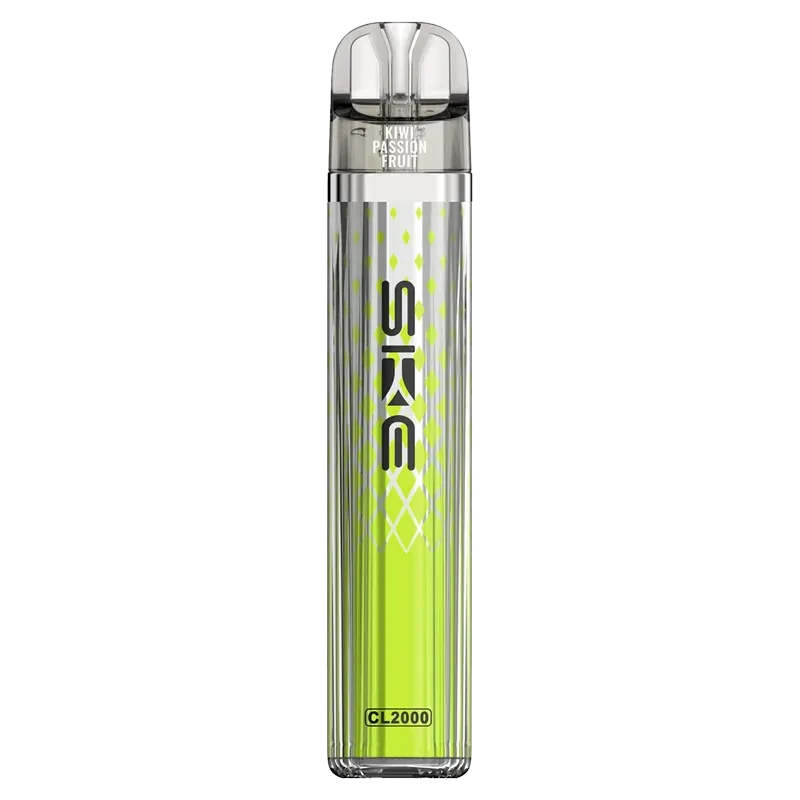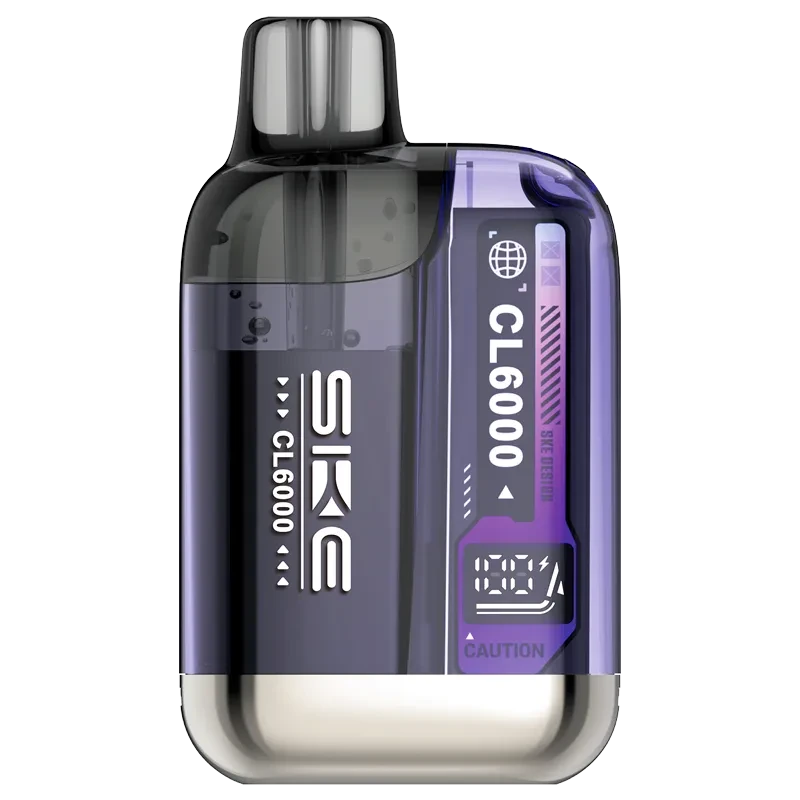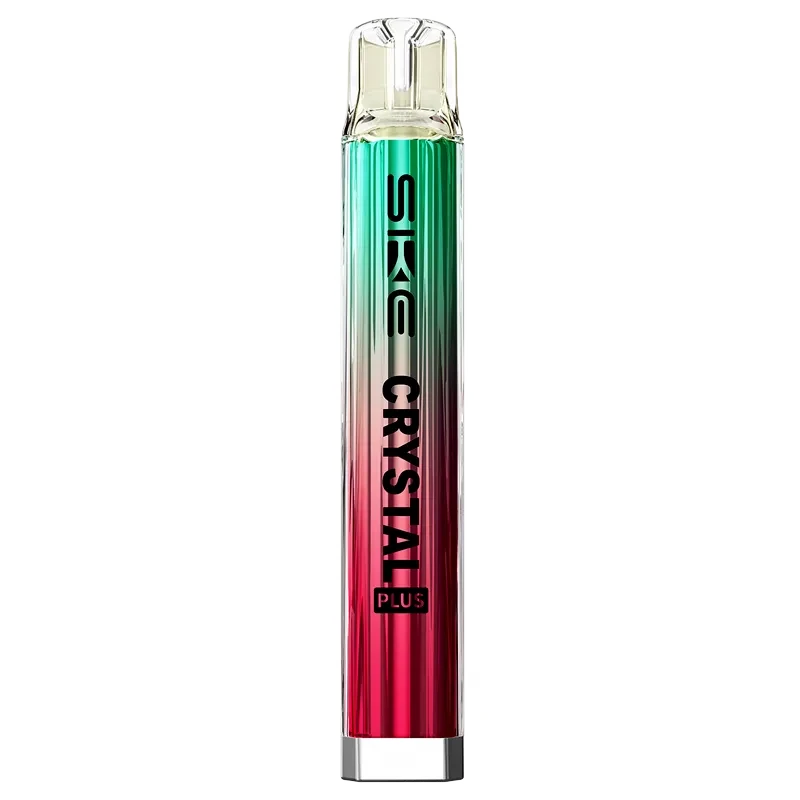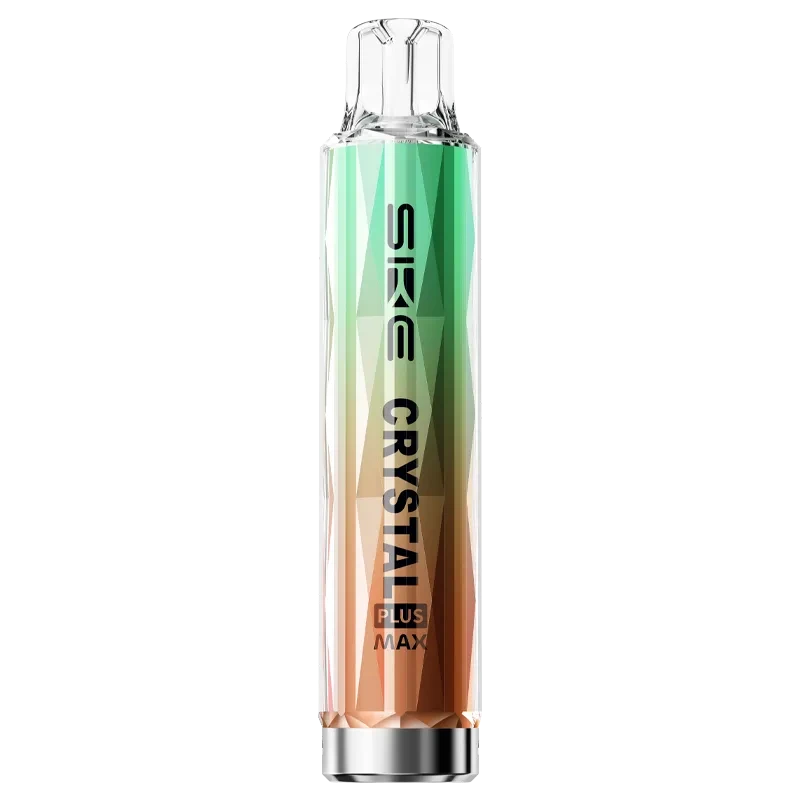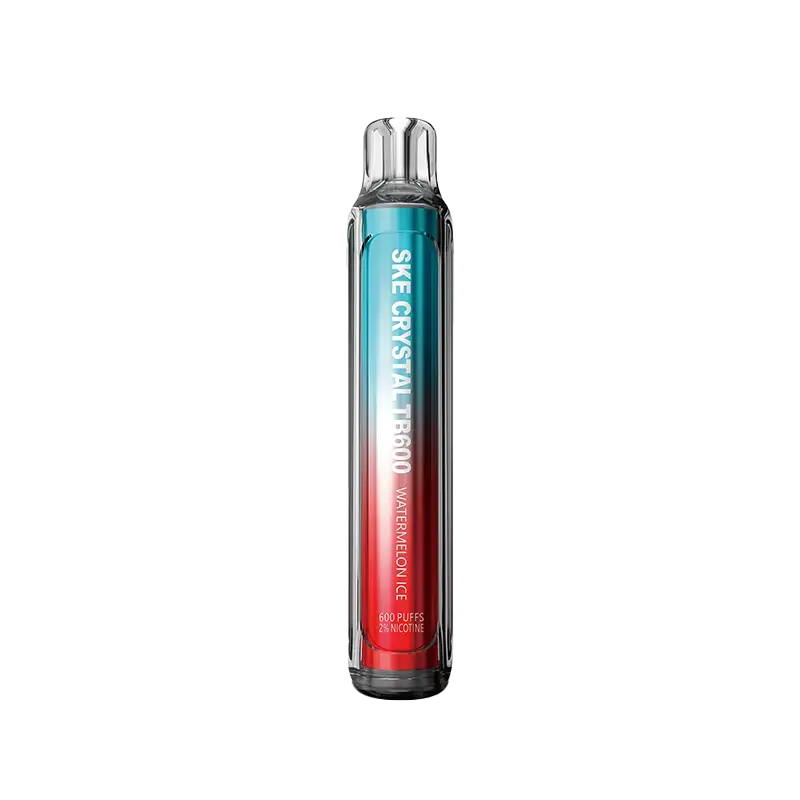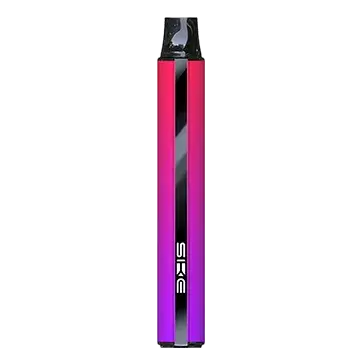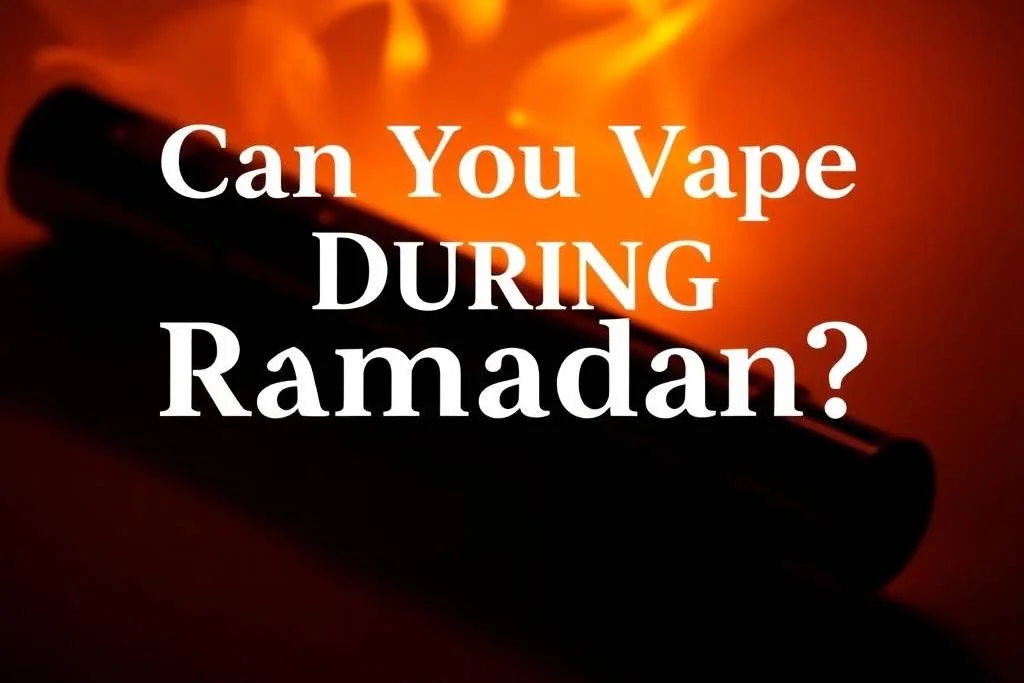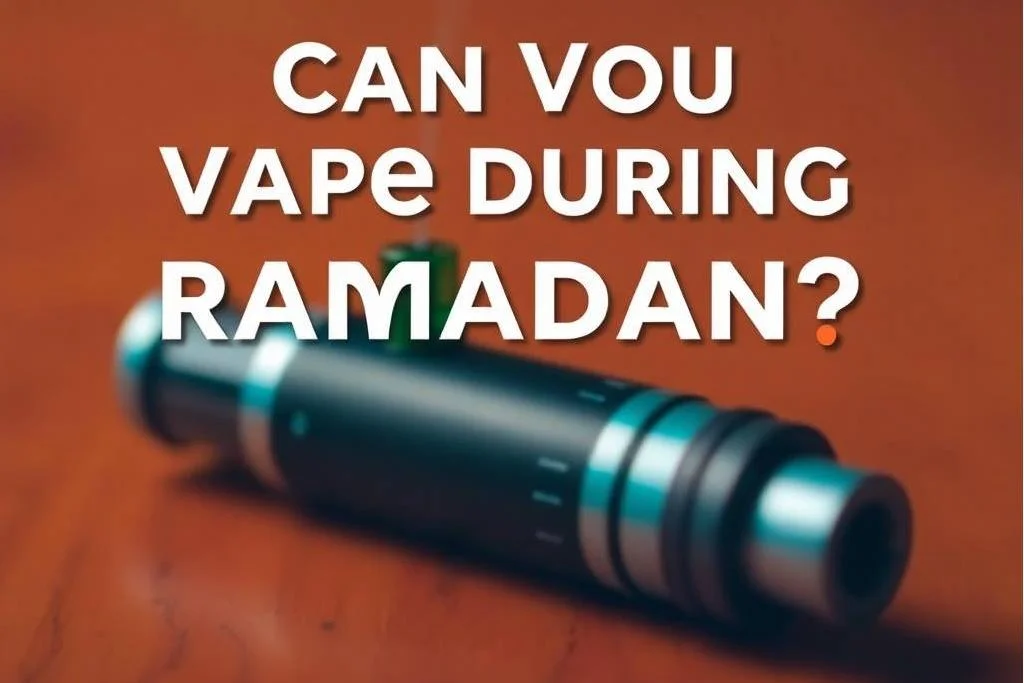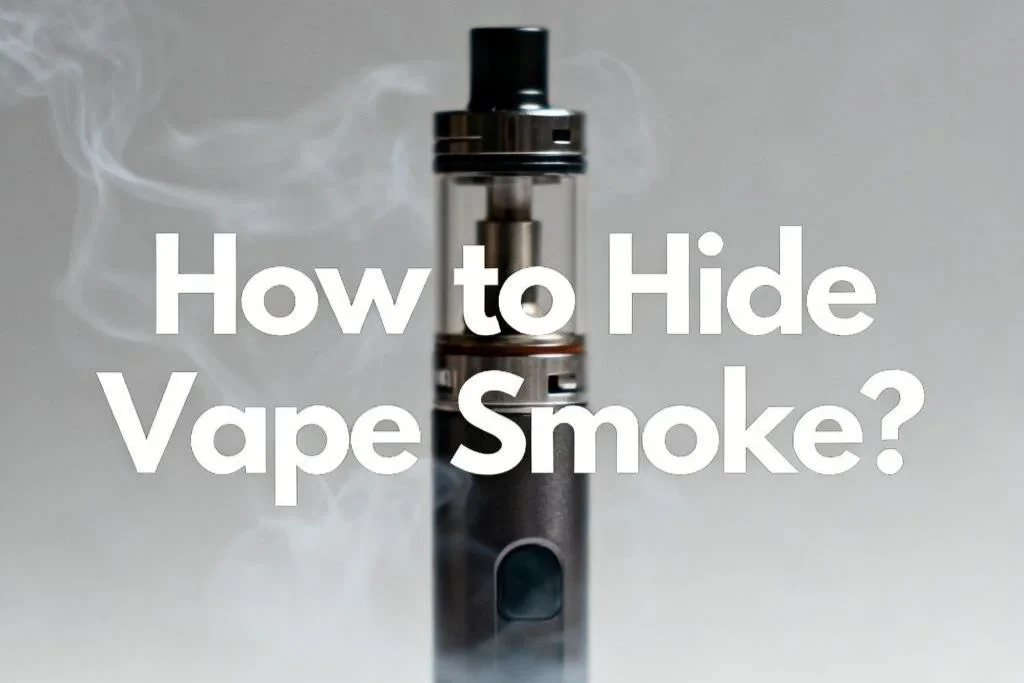CAN YOU VAPE DURING RAMADAN?
Ramadan is a sacred month of fasting, prayer, and reflection for Muslims around the world. During this period, Muslims abstain from food, drink, smoking, and other physical indulgences from dawn (Fajr) until sunset (Maghrib). With the growing popularity of vaping, many Muslim vapers often ask: “Can you vape during Ramadan?” This guide explores what scholars say, how vaping fits within the fasting rules, and how Muslim vapers can manage cravings during this holy month.
Does Vaping Break Your Fast?
The short answer is yes — according to most Islamic scholars, vaping breaks your fast.
Fasting in Ramadan involves refraining from anything that enters the body intentionally through the mouth, nose, or other openings. While vaping doesn’t involve eating or drinking, the vapor contains particles that enter the body through inhalation, similar to smoke from cigarettes. This process is considered a form of consumption.
The Council of Senior Scholars and many Islamic fatwas affirm that vaping, like smoking, invalidates fasting because:
- It introduces substances into the body that provide sensory satisfaction (flavor, nicotine, and throat hit).
- It mimics smoking, which is clearly forbidden during fasting hours.
Therefore, vaping while fasting during Ramadan is not permissible.
Why Vaping Is Considered Similar to Smoking in Islam
Islamic scholars classify vaping and smoking under the same ruling during Ramadan. Both deliver substances into the lungs and bloodstream, offering stimulation or pleasure, which is inconsistent with the spirit of fasting.
Furthermore, many Islamic authorities view nicotine consumption as harmful to health, aligning it with the Quranic principle of avoiding self-harm:
So even beyond fasting hours, Muslims are encouraged to avoid smoking and vaping for the sake of health and discipline.
When Can You Vape During Ramadan?
You may vape after sunset (Iftar) and before dawn (Suhoor). Once the fast is broken at Maghrib, the restrictions are lifted until the next Fajr prayer.
Here’s a quick breakdown of appropriate times:
- ✅ Permitted: Between Iftar and Suhoor
- ❌ Not permitted: Between Fajr (dawn) and Maghrib (sunset)
If you vape, it’s best to do so in moderation after breaking your fast to prevent dehydration and throat irritation, as your body is already adjusting to reduced water intake.
Tips for Muslim Vapers During Ramadan
- Use Ramadan to Cut Down or Quit The fasting discipline can be a perfect opportunity to reduce nicotine dependency. Gradually lowering your vape usage between Iftar and Suhoor can help you wean off.
- Switch to Lower Nicotine Strengths If quitting abruptly is difficult, consider using e-liquids with lower nicotine levels to lessen cravings.
- Stay Hydrated at Night Vape dehydration is common, especially after fasting. Drink plenty of water between Iftar and Suhoor to keep your throat and body hydrated.
- Avoid Chain Vaping After Iftar Your body is sensitive after long fasting hours. Start with small puffs to prevent dizziness or throat irritation.
- Seek Support Many community centers and mosques offer support for smokers and vapers who wish to quit during Ramadan. Use this time for both physical and spiritual cleansing.
Scholarly Opinions on Vaping During Ramadan
While specific rulings on vaping are relatively new, leading Islamic scholars and institutions have extended smoking rulings to vaping.
- Al-Azhar University (Egypt) and Dar al-Ifta: Both confirm that vaping invalidates the fast.
- Saudi Islamic Affairs Ministry: Declares that anything resembling smoking, including e-cigarettes, breaks fasting.
- Islamic Fiqh Council: Aligns vaping with smoking, citing health and consumption grounds.
These consistent views make it clear: vaping is not allowed while fasting.
Conclusion
No — vaping during fasting hours breaks the fast, as it introduces vaporized substances into the body and contradicts the spiritual essence of Ramadan. However, once the fast ends at sunset, you can vape until the next dawn. Still, many Muslims use this holy month to quit vaping entirely, embracing the discipline and reflection that Ramadan encourages.
FAQs
1. Does vaping break your fast during Ramadan?
Yes. According to most Islamic scholars, vaping breaks your fast because vapor contains particles that enter the body through the mouth and lungs, similar to smoking. This is considered a form of consumption, which invalidates fasting.
2. Can you vape after breaking your fast (Iftar)?
Yes, you can vape after Iftar and before Suhoor. Once the sun sets and you break your fast, the restrictions are lifted until dawn (Fajr). However, it’s recommended to vape in moderation to avoid dehydration and throat irritation.
3. What about nicotine-free vapes — do they break the fast?
Even nicotine-free vapes break the fast because the act of inhaling vapor introduces substances into the body. The presence or absence of nicotine doesn’t change the ruling since the vapor itself provides sensory satisfaction.
4. Can you vape secretly during fasting hours?
No. Vaping secretly still invalidates your fast and goes against the spiritual integrity of Ramadan. The purpose of fasting is to practice self-control and discipline, so secretly vaping defeats the purpose of fasting.
5. Can Ramadan help me quit vaping?
Absolutely. Ramadan provides a structured routine and strong motivation for self-restraint. Many Muslims use this time to quit smoking or vaping, focusing on spiritual renewal and physical health. Cutting down between Iftar and Suhoor or using lower nicotine levels can make quitting easier.





